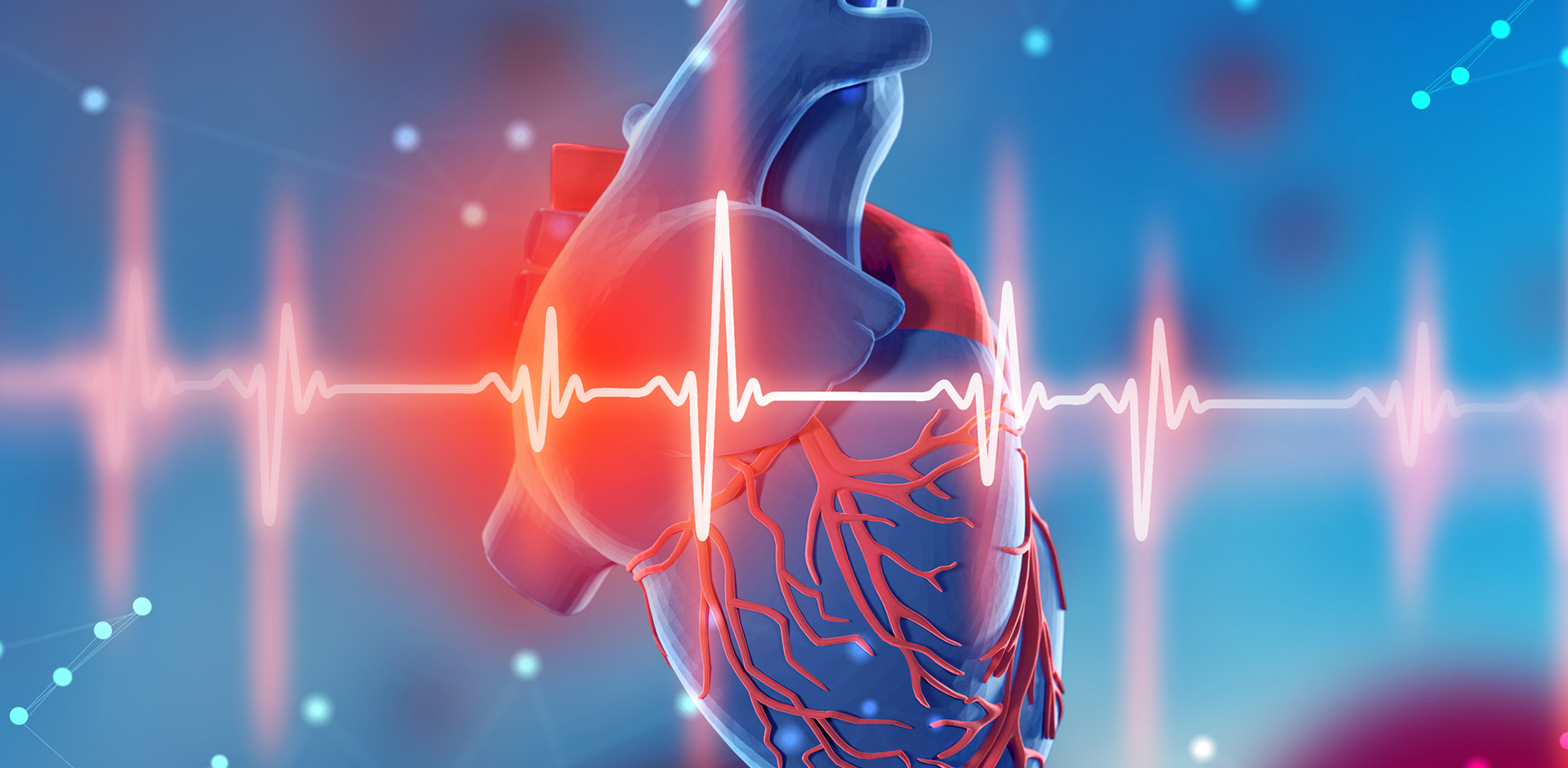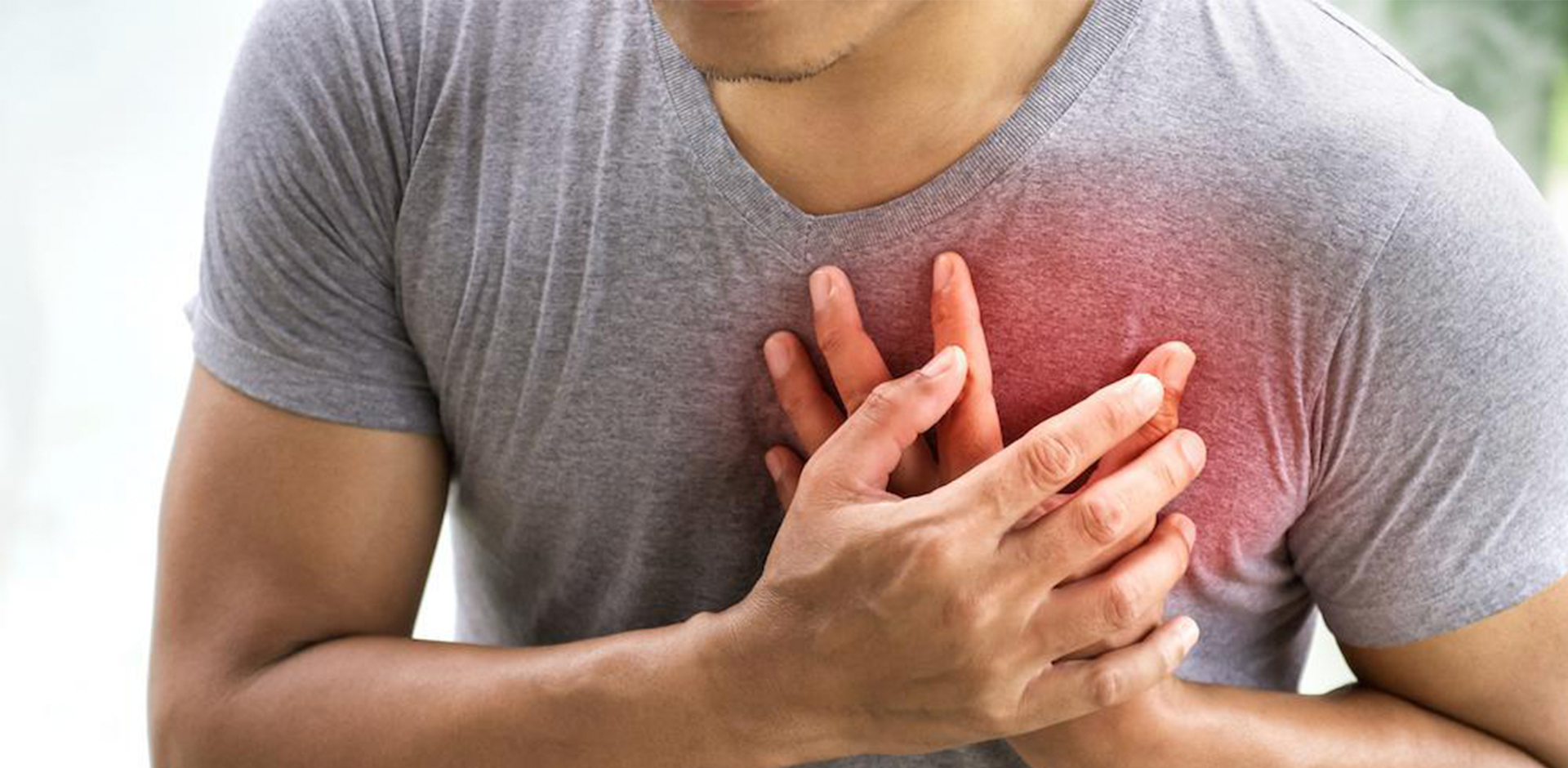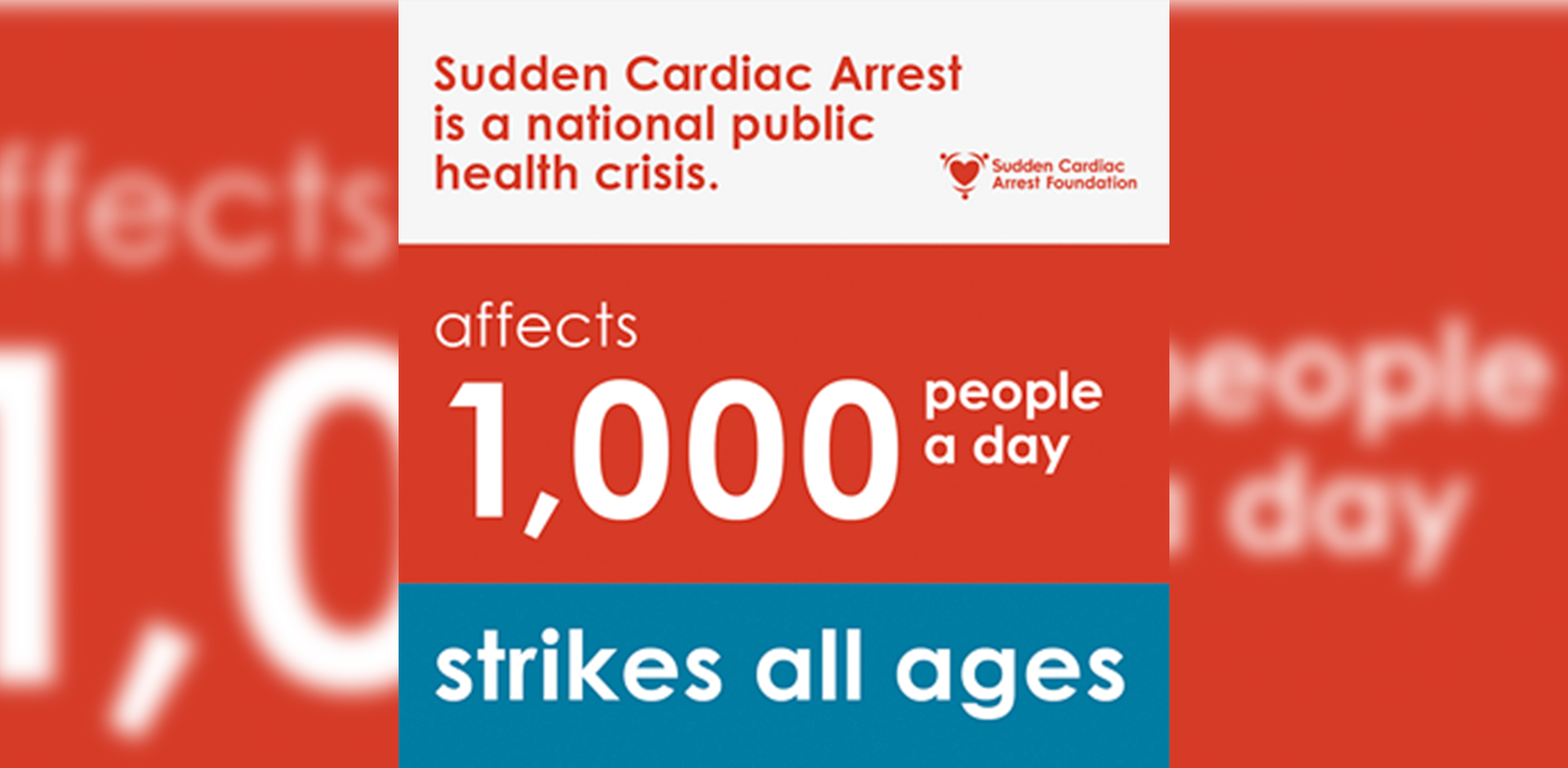In recent years, there has been a concerning trend of young people experiencing cardiac arrest. In fact, a study published in the journal Heart found that the rate of cardiac arrest among people aged 18 to 34 has increased by 46% since 1980.

There are a number of possible reasons for this increase, including:
- Increased rates of obesity and diabetes: Obesity and diabetes are both risk factors for heart disease, which can lead to cardiac arrest. The rates of obesity and diabetes have been rising in recent years, particularly among young people.
- Increased use of drugs and alcohol: Drug and alcohol use can increase the risk of cardiac arrest, particularly in young people. A study published in the journal Pediatrics found that young people who use drugs or alcohol are more likely to experience cardiac arrest than those who do not.
- Increased stress levels: Stress can also increase the risk of cardiac arrest. Young people are facing a number of stressors, including academic pressure, financial worries, and social media.
- Increased exposure to environmental toxins: Exposure to environmental toxins, such as lead and secondhand smoke, can also increase the risk of cardiac arrest. Young people are more likely to be exposed to these toxins than older adults.

In addition to these risk factors, there have also been a number of recent incidents of young people experiencing cardiac arrest with no known cause. In 2022, there were at least 10 cases of young people, mostly high school athletes, who died suddenly from cardiac arrest. In some of these cases, the cause of the cardiac arrest was never determined.
The increase in cardiac arrest among young people is a serious public health problem. It is important to be aware of the risk factors for cardiac arrest and to take steps to reduce your risk. If you are concerned about your risk of cardiac arrest, talk to your doctor.
Here are some things you can do to reduce your risk of cardiac arrest:

- Get regular exercise: Exercise can help to improve your heart health and reduce your risk of heart disease. Aim for at least 30 minutes of moderate-intensity exercise most days of the week.
- Eat a healthy diet: A healthy diet can help to keep your blood pressure and cholesterol levels in check, which can reduce your risk of heart disease. Eat plenty of fruits, vegetables, and whole grains.
- Maintain a healthy weight: Obesity is a major risk factor for heart disease. Aim to maintain a healthy weight for your height and age.
- Don’t smoke: Smoking damages your heart and blood vessels, increasing your risk of heart disease. If you smoke, quit as soon as possible.
- Limit alcohol intake: Excessive alcohol intake can damage your heart and increase your risk of heart disease. If you drink alcohol, do so in moderation.
- Manage stress: Stress can increase your risk of heart disease. Find healthy ways to manage stress, such as exercise, yoga, or meditation.
- Get regular checkups: Your doctor can screen you for risk factors for heart disease and make sure you are taking steps to reduce your risk.

If you experience any of the symptoms of cardiac arrest, such as sudden chest pain, shortness of breath, or fainting, call 911 immediately. Early treatment is essential for survival from cardiac arrest.








